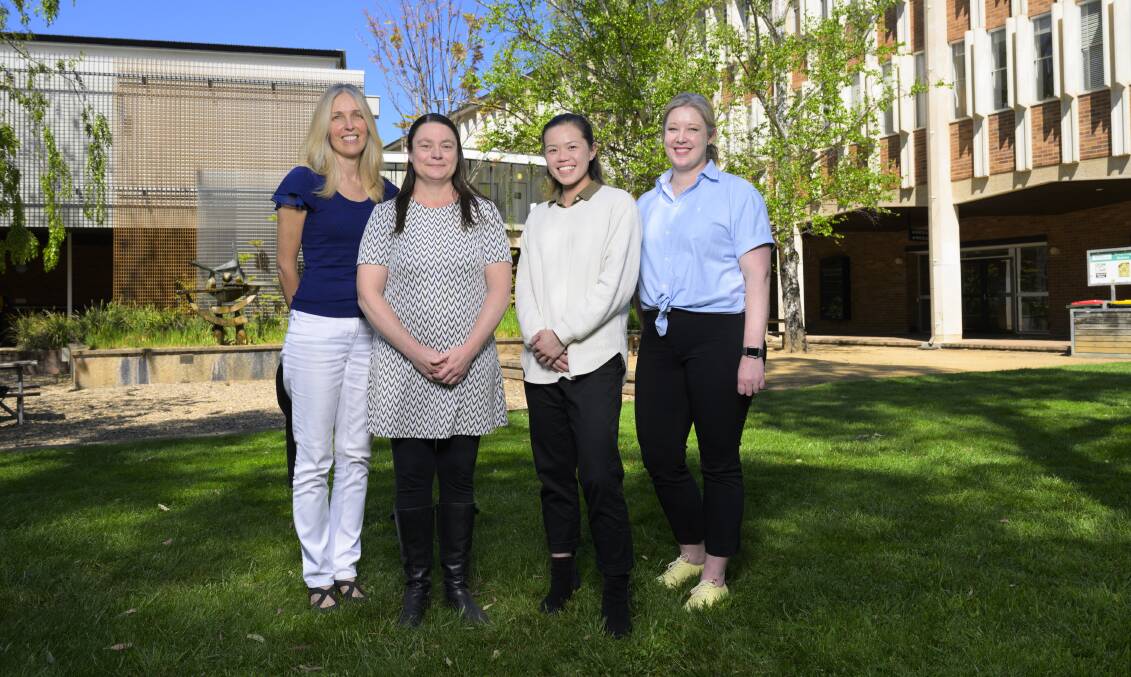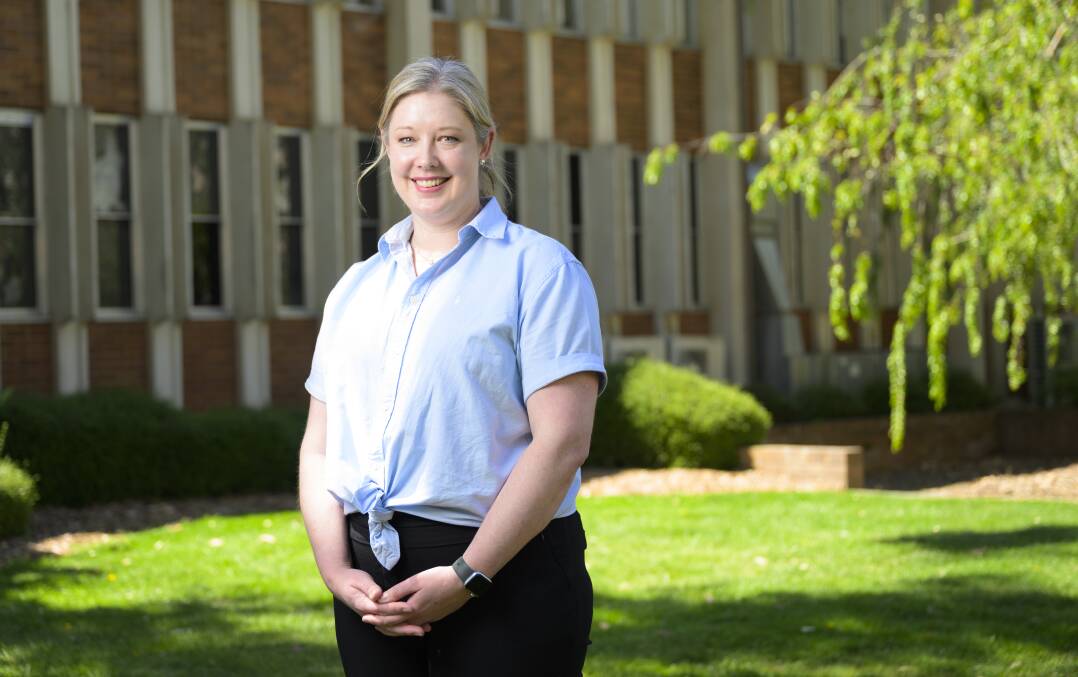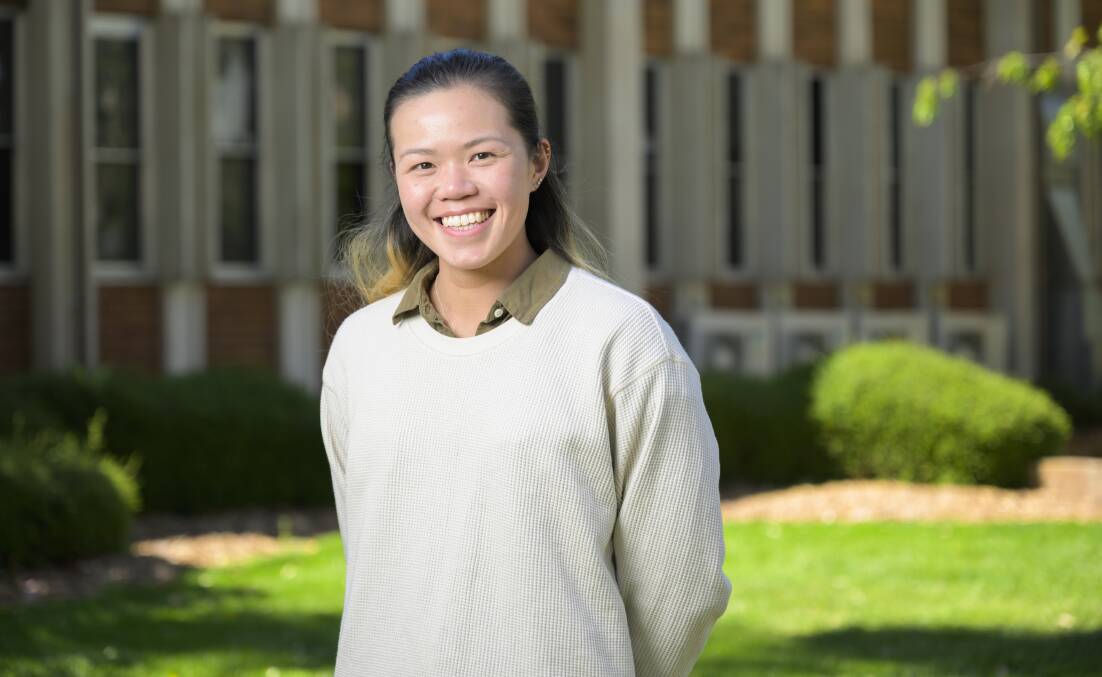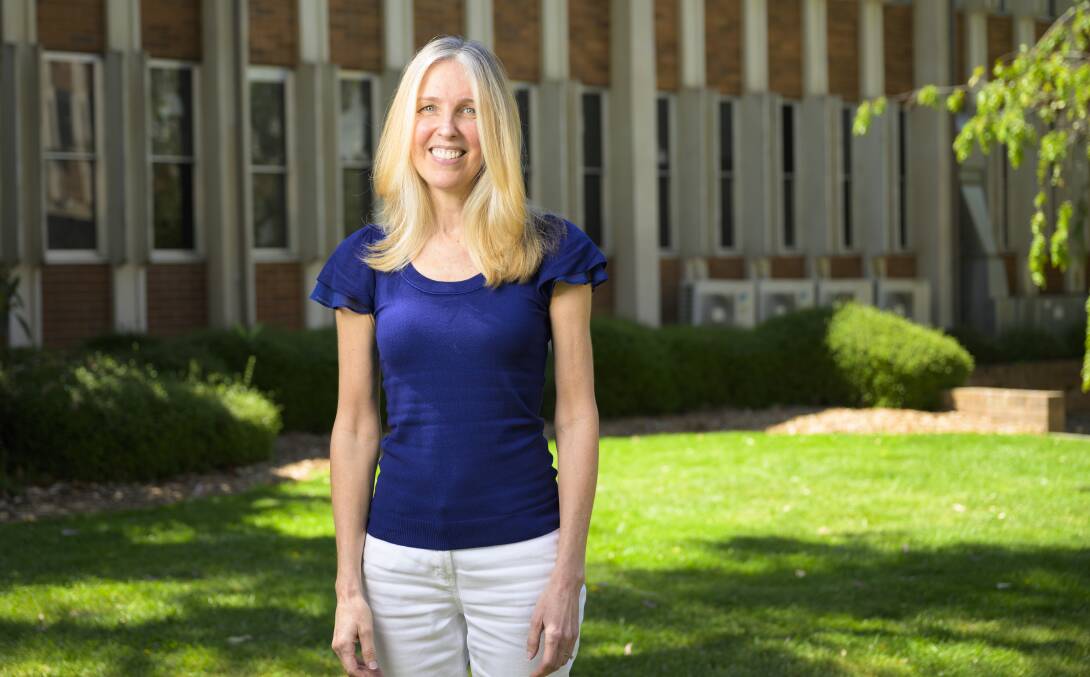
Most of health and medicine is about fixing patients, but a trial program by the Australian National University is trying out the opposite.
Funded through by an ACT government's health promotion grant, psychologists ran a 12-week program to promote body acceptance in people with chronic illnesses.
Body image is more than just being unhappy with your appearance, program lead Dr Kristen Murray said.
"It also includes the way we feel about functional aspects of our body and that can be things like physical movement or our capacity for movement," she said.
People with chronic health conditions, such as diabetes, arthritis, back pain, breast cancer or asthma, can feel frustrated or let down by their body, Dr Murray said.

This can impact people of any age or gender and even led to unhealthy eating or exercise habits.
"It's hard to care for a body that you don't care about," Dr Murray said.
Helping people managing long-term illness accept their body - rather than change it - is "counter-cultural", psychologist Jane Ma, who ran the group sessions, said.
"In this world, often what we see is [that] in order to feel better about yourself, you need to be able to change something about yourself," she said.
"That's not always the reality. And just because [your body] changes, doesn't necessarily mean that you're going to be changing the relationship you have with your body and yourself.
"The program was quite different to what [patients] expected, in that it was about acceptance."

One in two Australian adults have at least one long-term health condition.
Every body that ages goes through many changes, such as puberty, pregnancy, menopause, changes in weight, elasticity and hormone levels.
While there is a lot of research about body image for eating disorder sufferers, there is little understanding about people with chronic illnesses, despite the prevalence of negative body image in that cohort, researcher Dr Elizabeth Rieger said.
"Often there are even limits in terms of how much one can change their body as a result of a chronic condition and illness, so changing the body isn't even an option," she said.
"Sometimes people use maladaptive strategies to change their body, so body image work is really about changing how you relate to your body rather than changing the body itself."

It isn't just patients who can struggle accepting their physical limitations.
Clinical psychologist at University of Canberra Hospital, Dr Peta Hoffmann, was trained to help the hospitals medical staff relate to patients struggling with physical changes or pain.
"The training is to fix [and health workers] often struggle when they can't fix it, because that's their [professional] identity," she said.
Many patients at the rehabilitation hospital have gone through a major trauma.
For example, they may have a new wearable device, stoma bag, prosthetic, chronic pain or physical limitations following a heart attack.

If patients feel understood by their doctor or health team, they are more likely to return to seek help, Dr Hoffman said.
The body acceptance pilot program had 12 participants across the lifespan, including two men, and ran over 12 weeks.
The program received $139,845 in funding through the ACT Government's Health Promotion Grants Program and ethical aspects of the research were approved by the ANU Human Research Ethics Committee.
To participate in the body acceptance program call the ANU Psychology Clinic on 6125 8498.
- Support is available for those who may be distressed. Phone Lifeline on 13 11 14 or the Butterfly Foundation at 1800 334 673.
We've made it a whole lot easier for you to have your say. Our new comment platform requires only one log-in to access articles and to join the discussion on The Canberra Times website. Find out how to register so you can enjoy civil, friendly and engaging discussions. See our moderation policy here.







